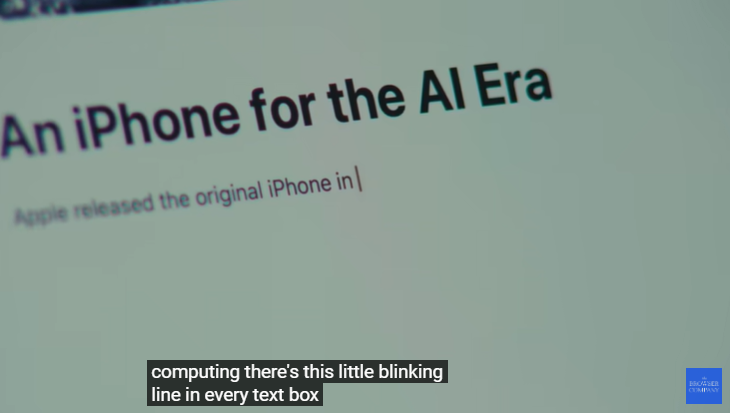Browser Company will launch the revolutionary AI browser Dia in early 2025. It is not only a browser, but also a new network environment. The core of Dia is to deeply integrate AI into the browsing experience, rather than simply adding functions. It will change the way users interact with the network and bring users a smarter and more efficient network experience. How will this browser subvert tradition, and what challenges will it face? Let’s find out.
Technological innovation has once again refreshed the boundaries of imagination. Browser Company recently announced that it will launch a revolutionary AI browser called Dia in early 2025, aiming to completely reshape the way users interact with the Internet.
The core concept of this browser is to treat AI not just as an application or button, but to build a new network environment. Company CEO Josh Miller showed off several impressive functional prototypes at the launch event.
The first highlight feature is the smart writing assistant. When users type text, the browser can help complete sentences in real time, and can even instantly retrieve factual information on the Internet. For example, when writing an article about the original iPhone, the browser can automatically obtain relevant technical specifications. What's even more amazing is that it can also understand the user's current browsing window and intelligently insert open Amazon links into emails.

The second important feature is the address bar commands. Users can perform complex actions through natural language instructions, such as finding specific documents, sending emails through their default email client, and even scheduling meetings directly from conversations.
The most groundbreaking thing is the browser's ability to act autonomously. In one demonstration, Dia was able to independently browse Amazon and automatically add items to her shopping cart based on information in emails. Another example shows how a browser can extract information from a Notion table and automatically send emails to each participant.
It’s worth noting that Browser Company isn’t exclusively exploring this AI-assisted technology. Different startups are trying to develop AI assistants that can understand interfaces and perform tasks. For Dia, the challenge is ensuring that the AI capabilities work seamlessly and create a sustainable revenue stream for the company.
This browser heralds the deep integration of artificial intelligence technology in daily digital life and is expected to bring users a smarter and more efficient network experience.
The emergence of Dia indicates that in the future the browser will no longer be just a tool for browsing the web, but will become an intelligent assistant that integrates information retrieval, content creation, and task execution. Its success will largely depend on the stability and usefulness of its AI capabilities, and whether Browser Company can establish a sustainable business model. Let's wait and see.